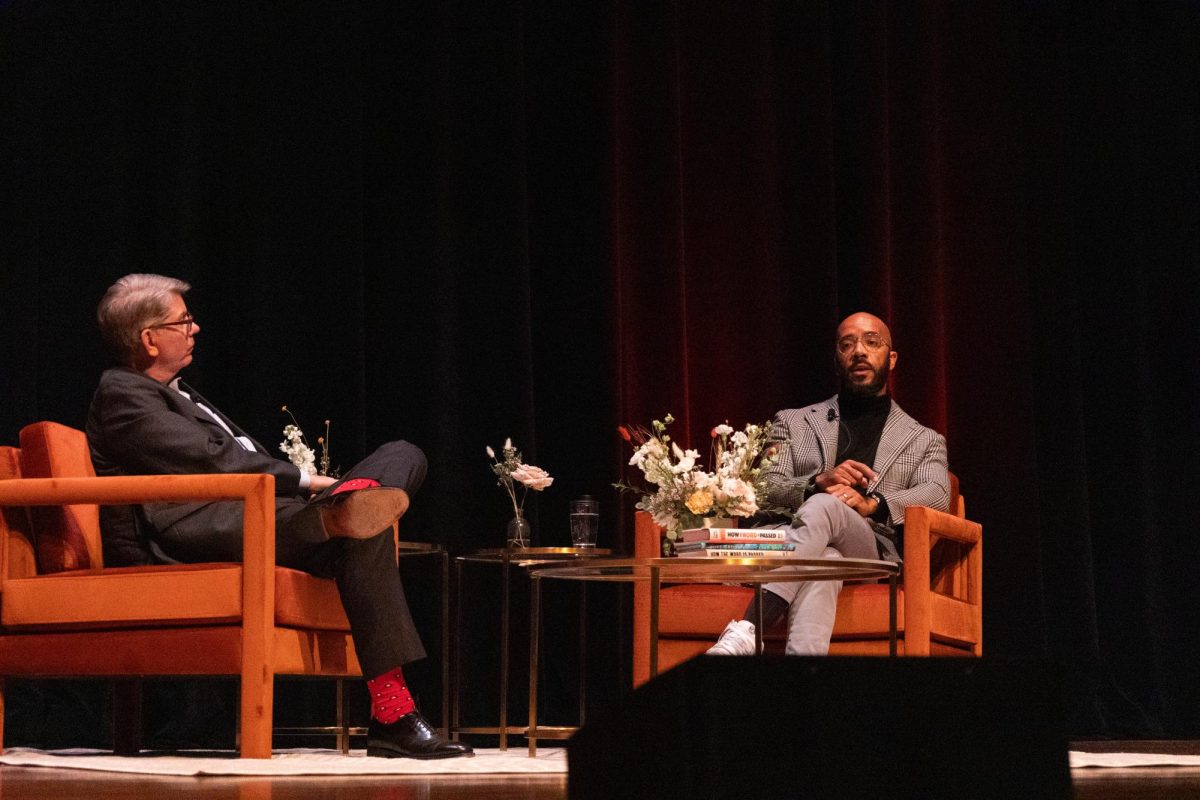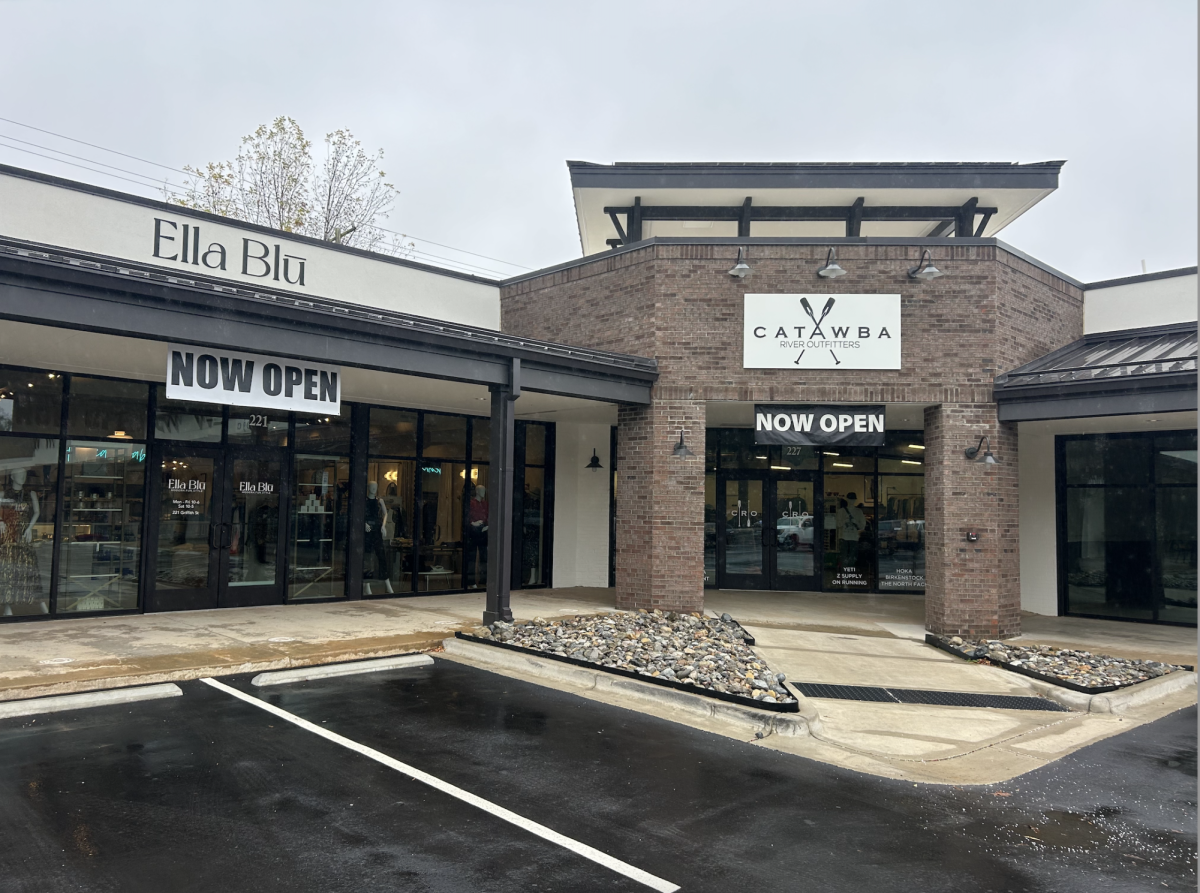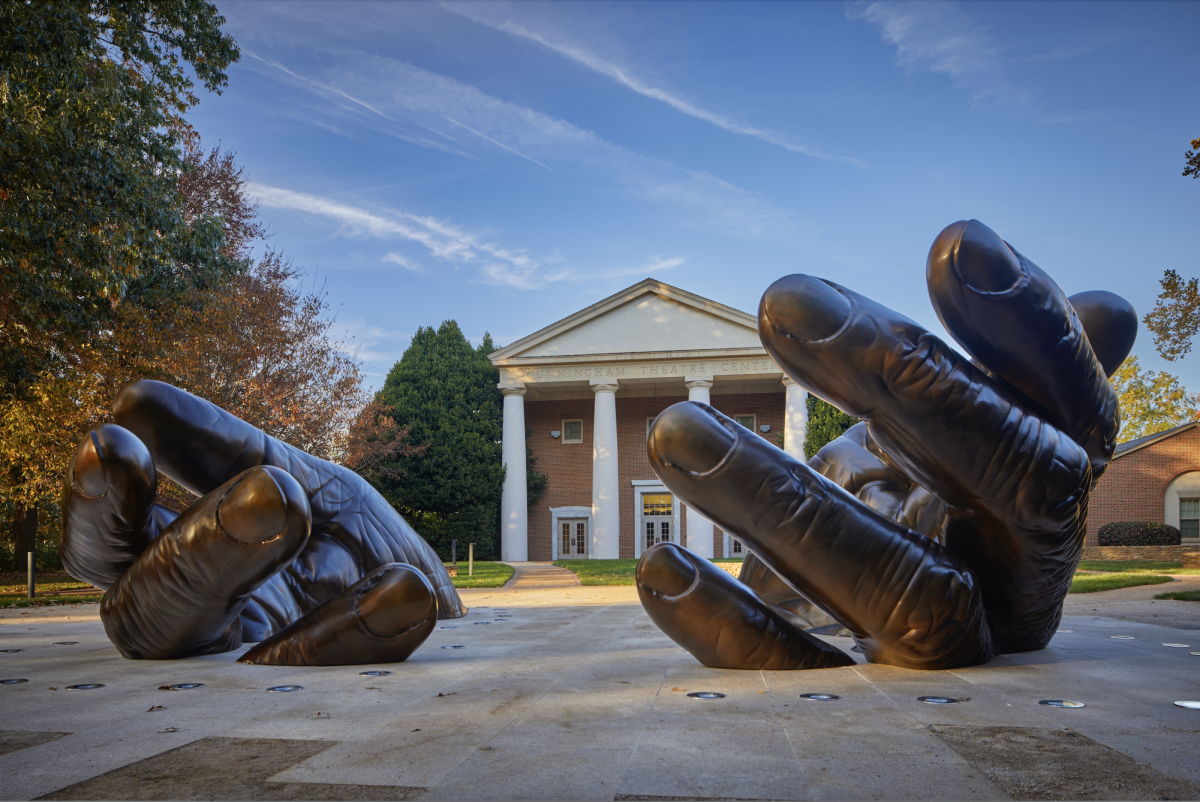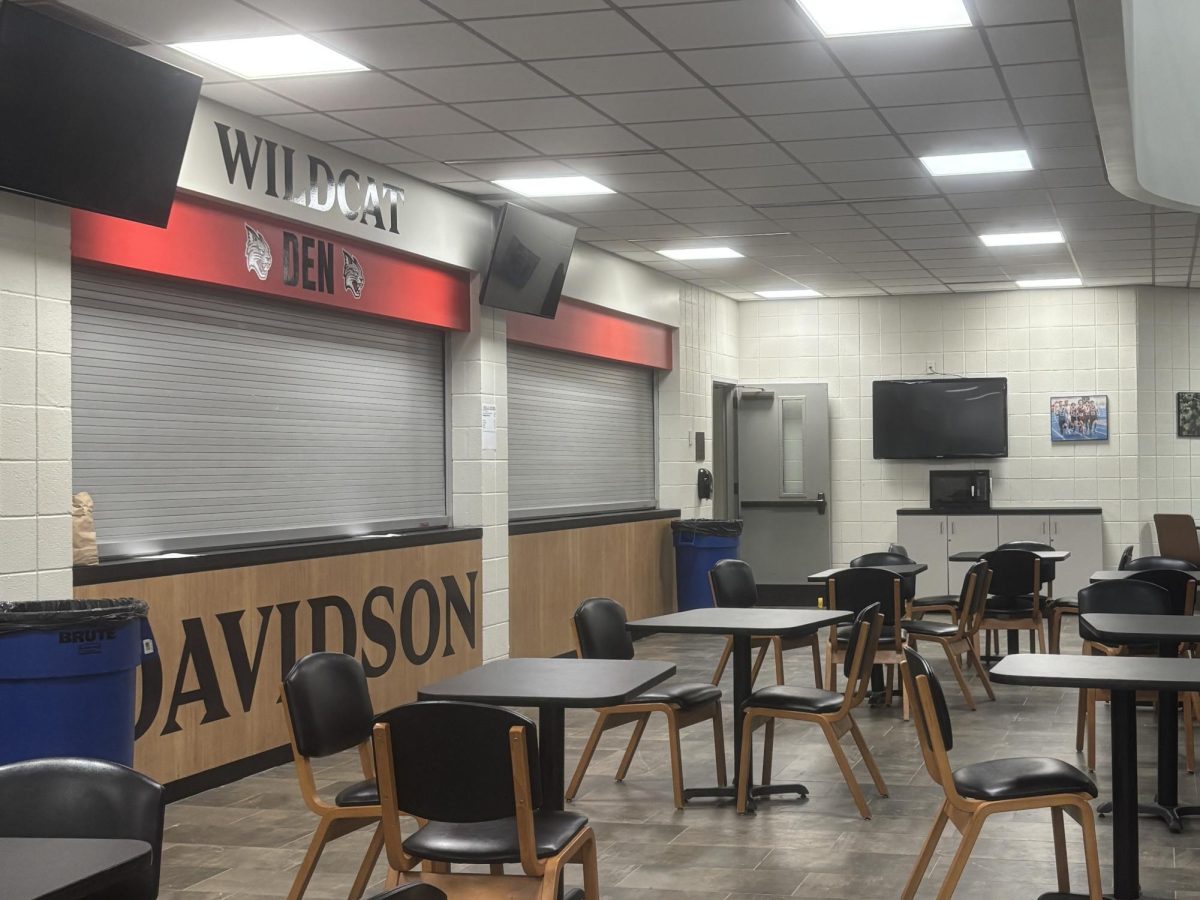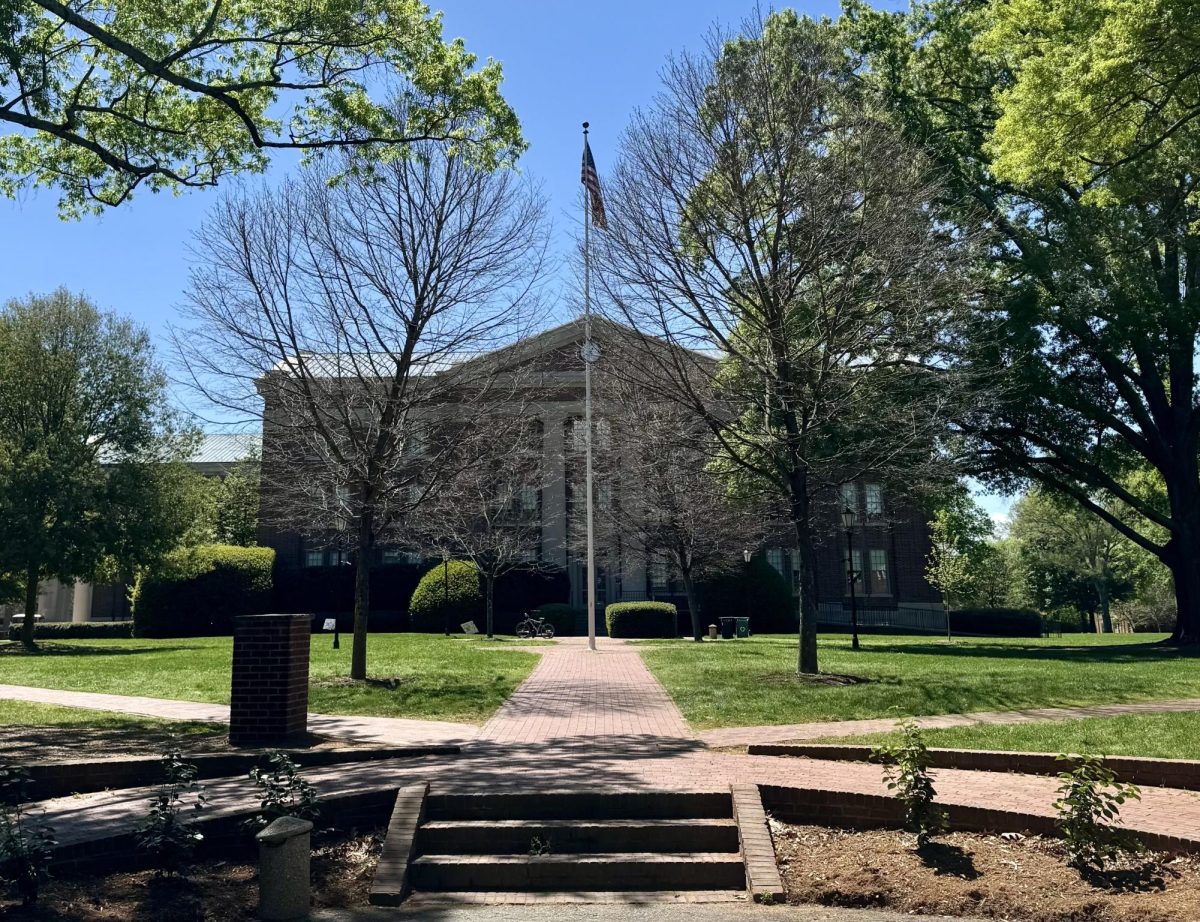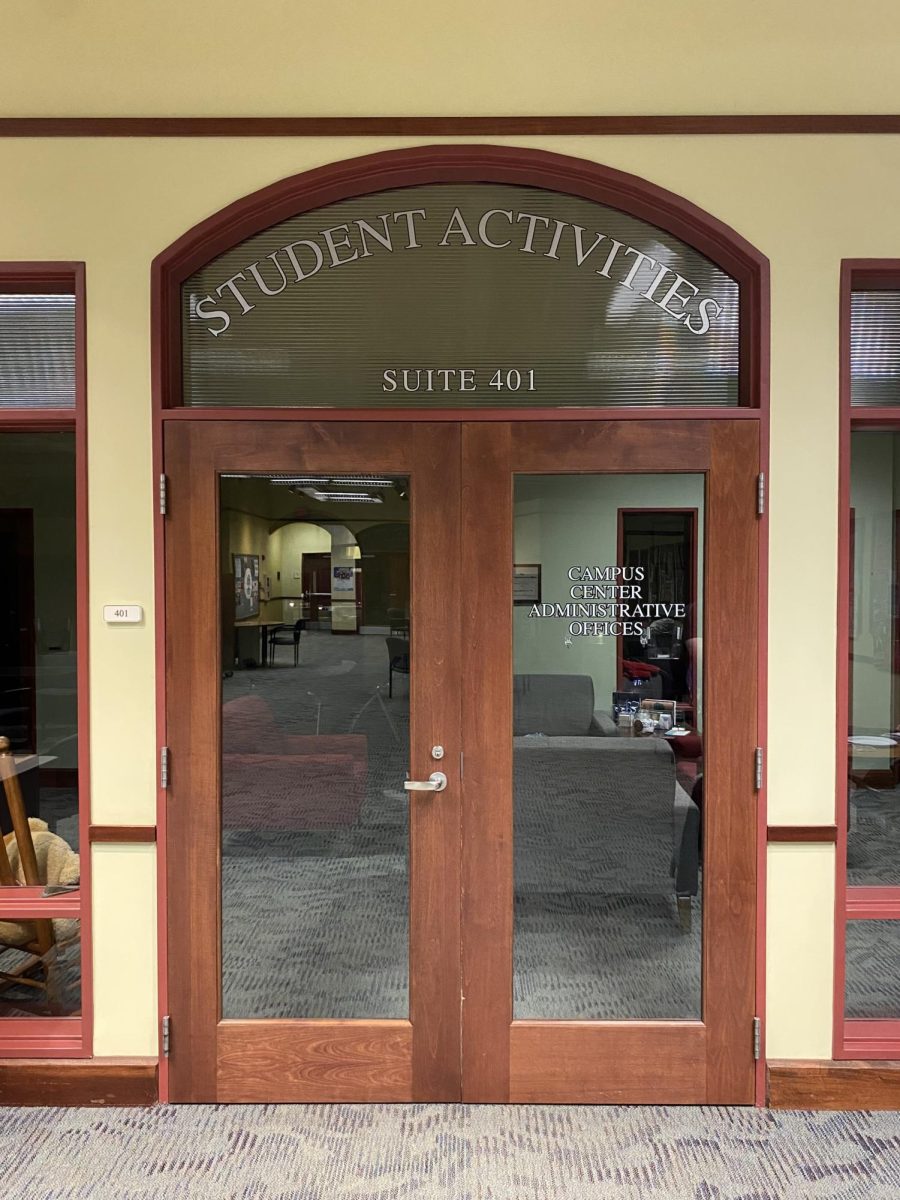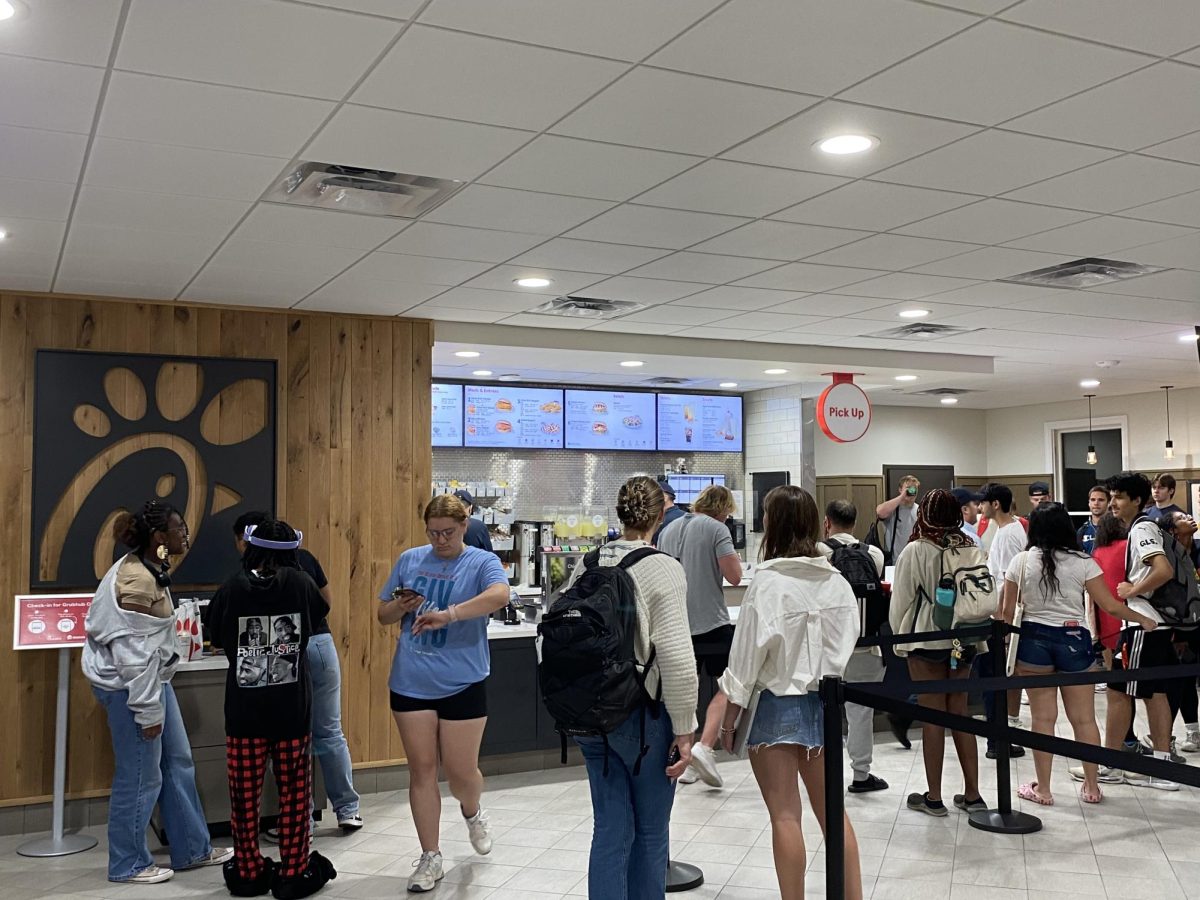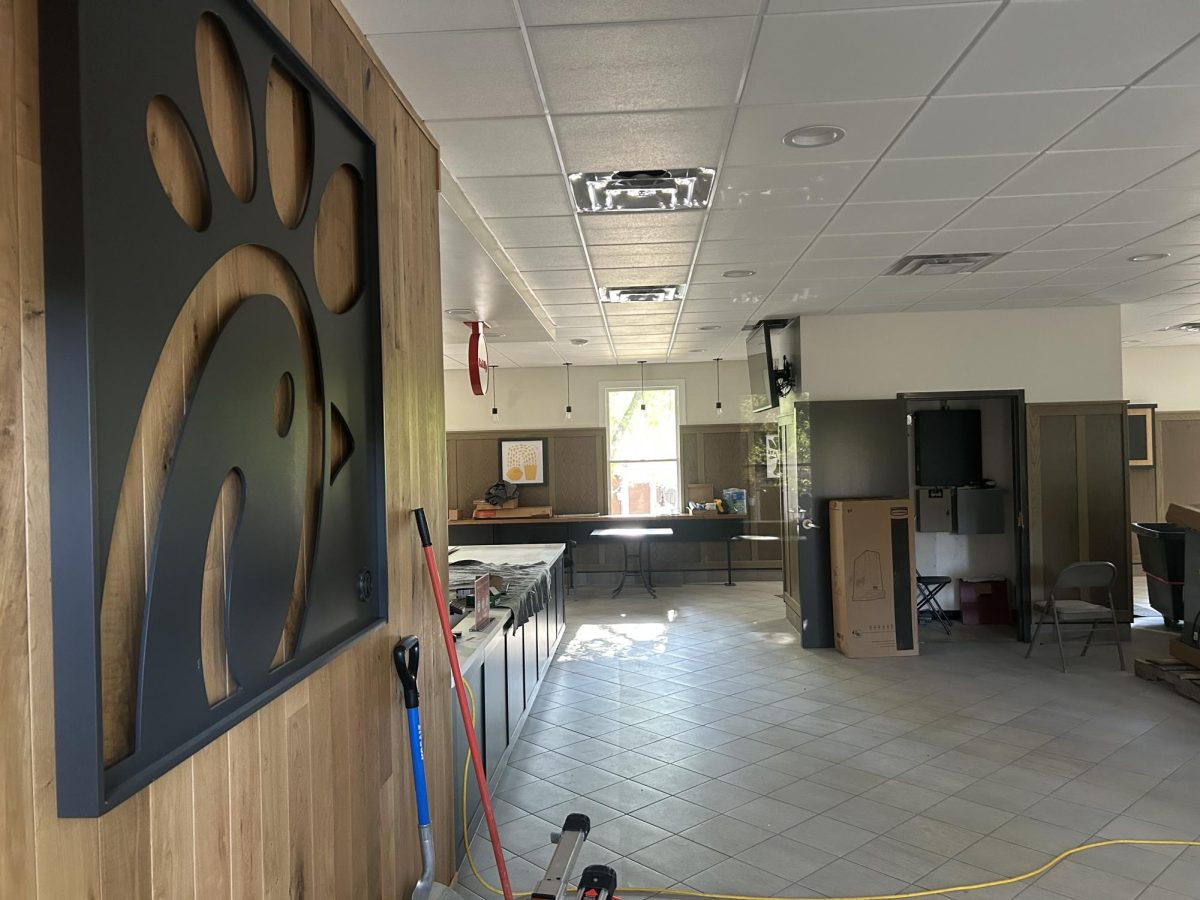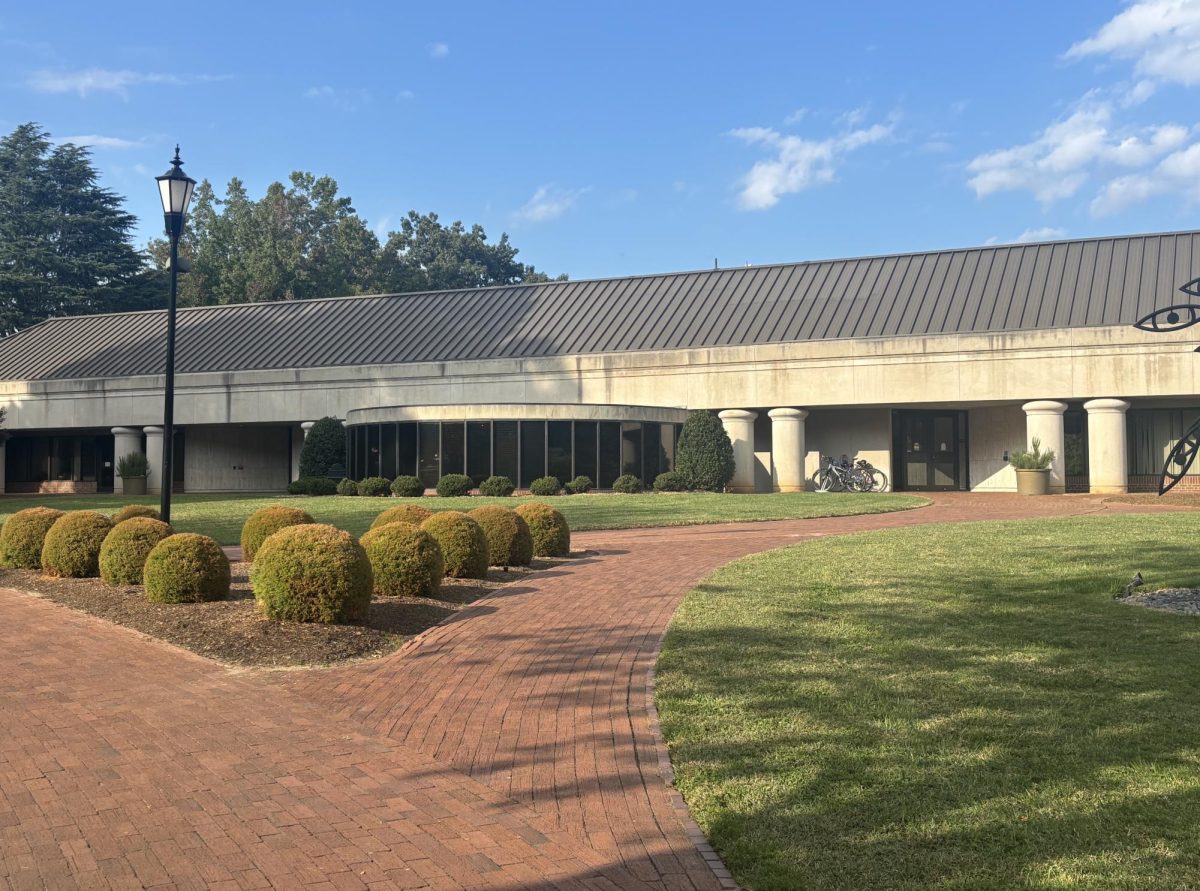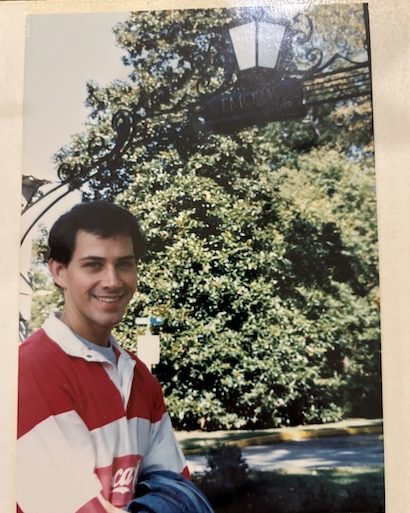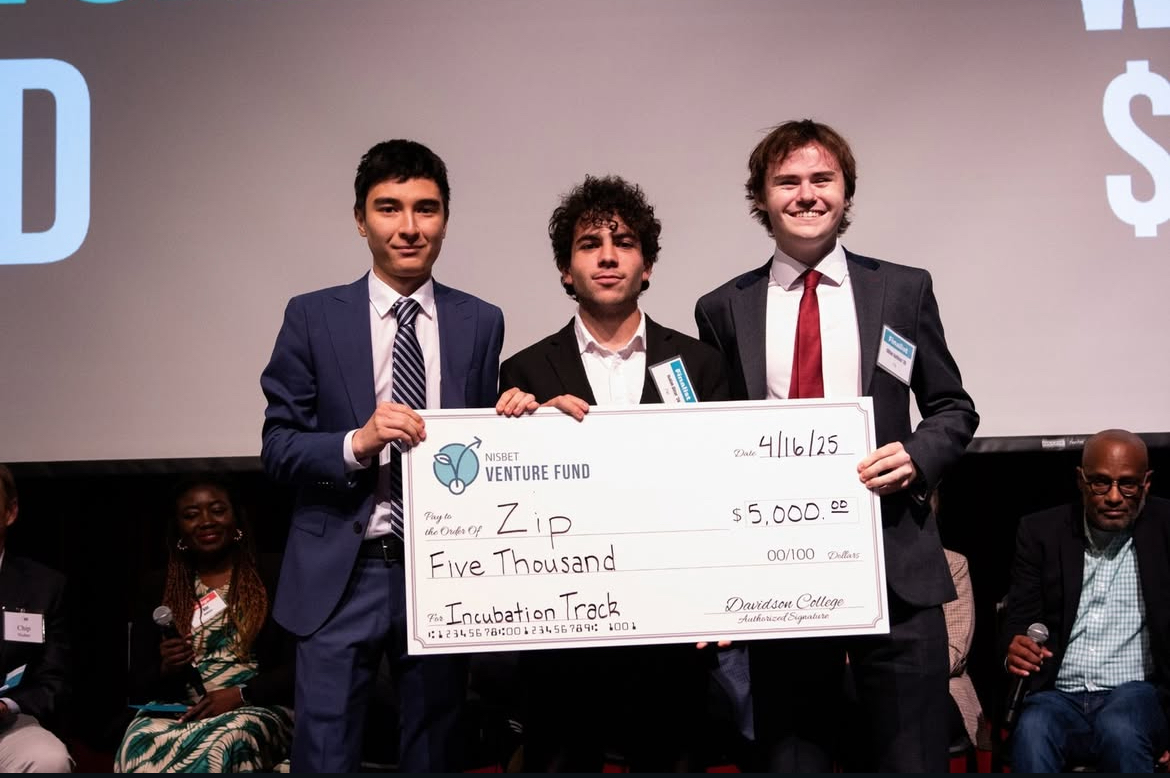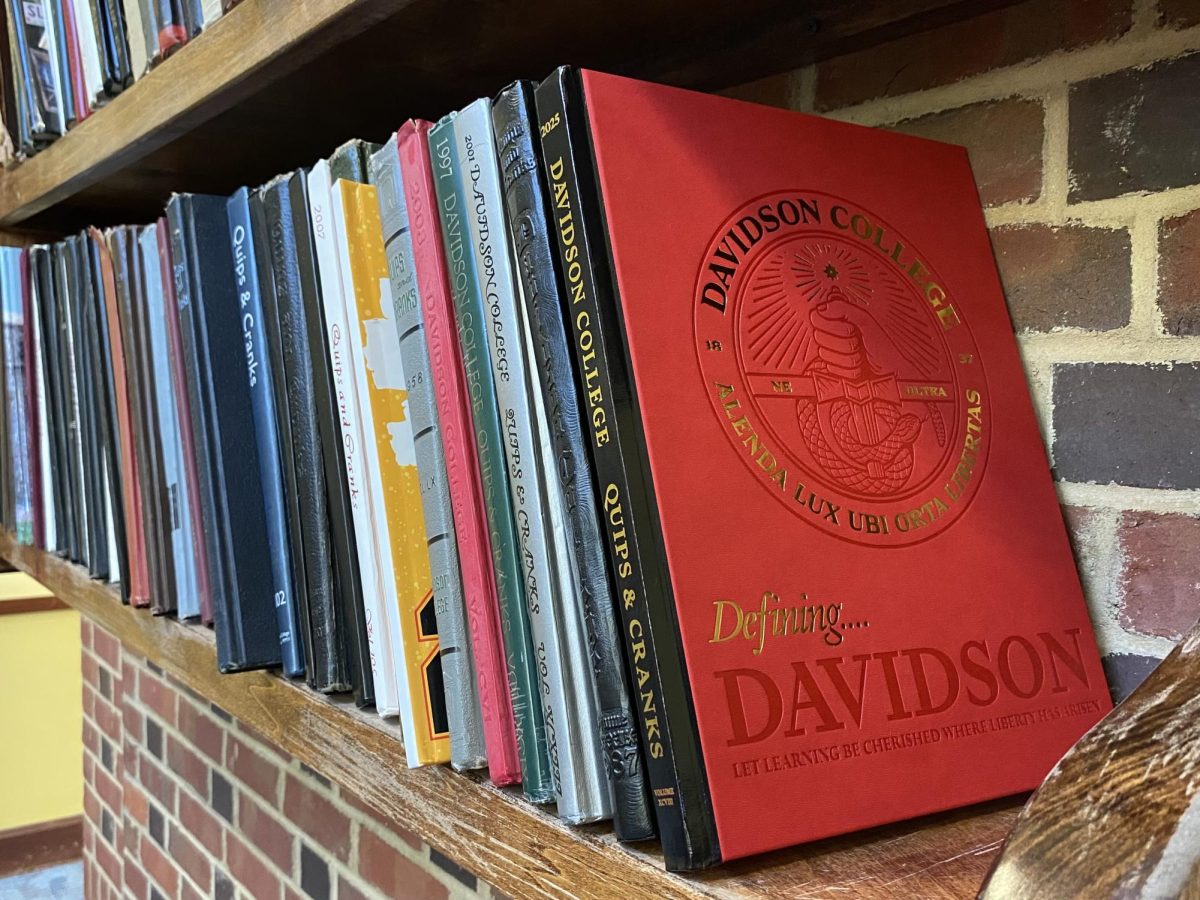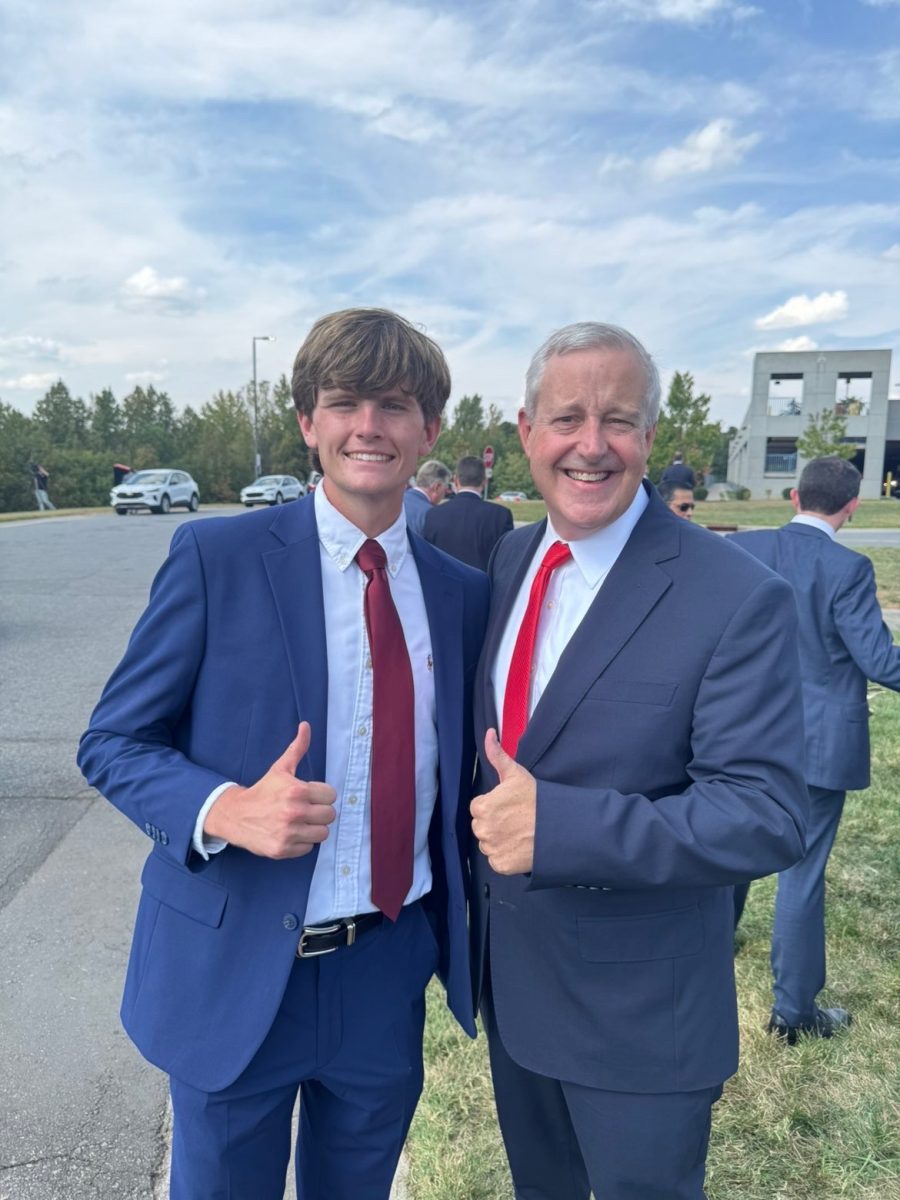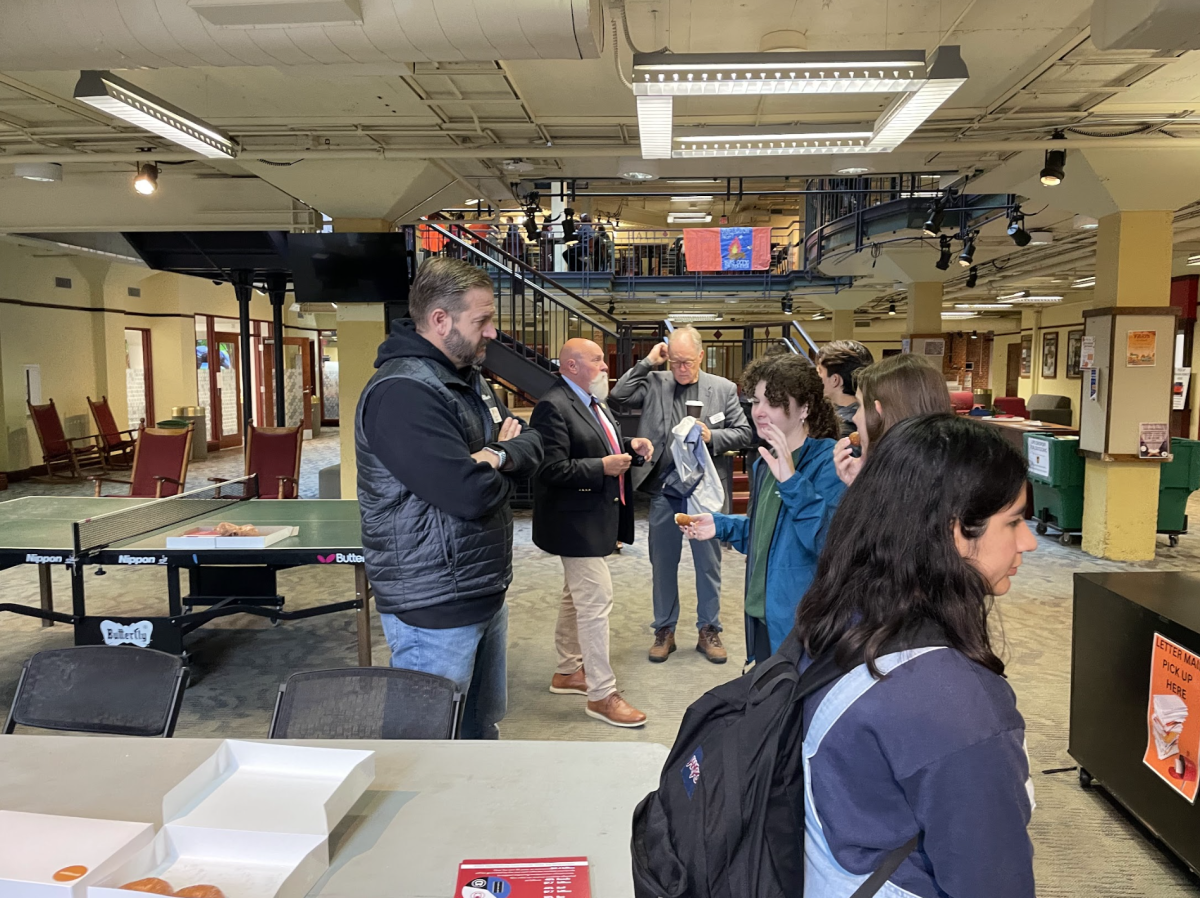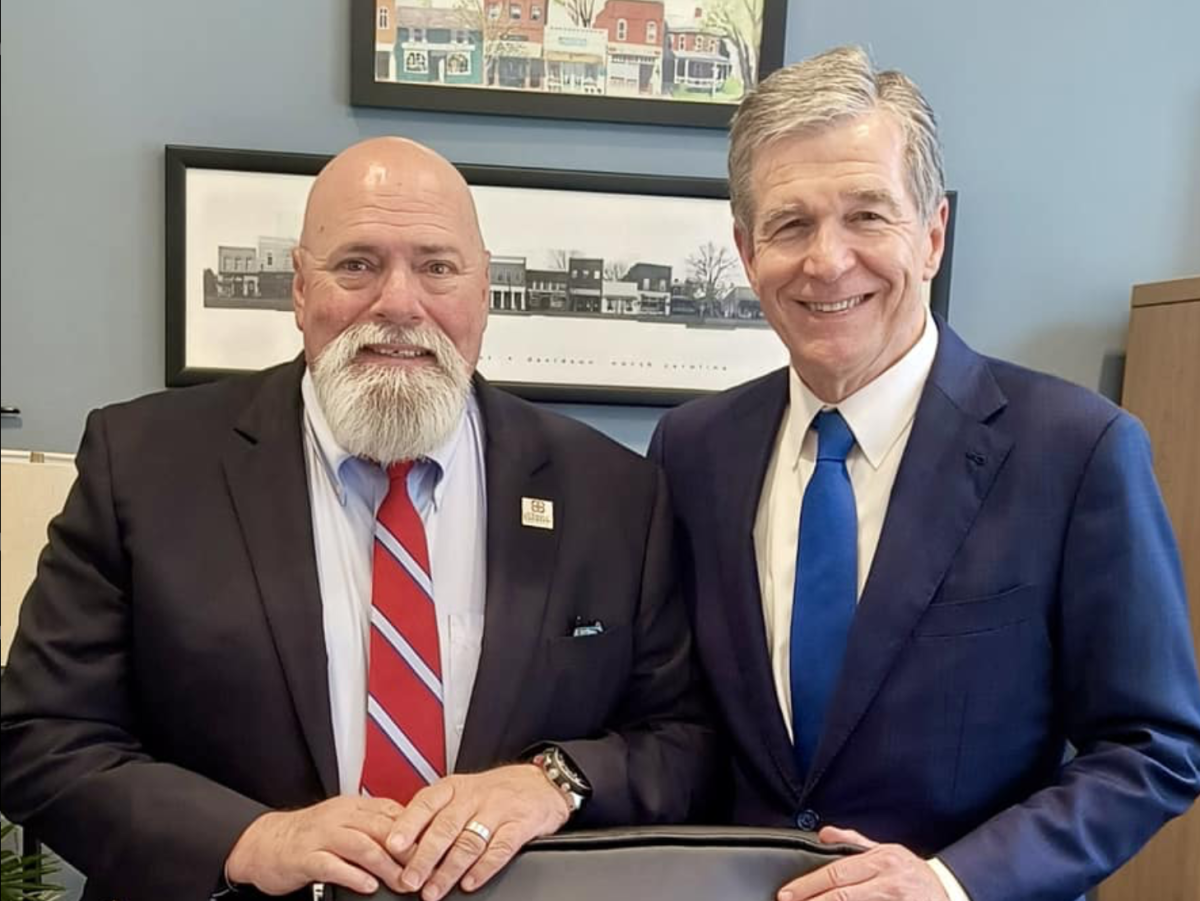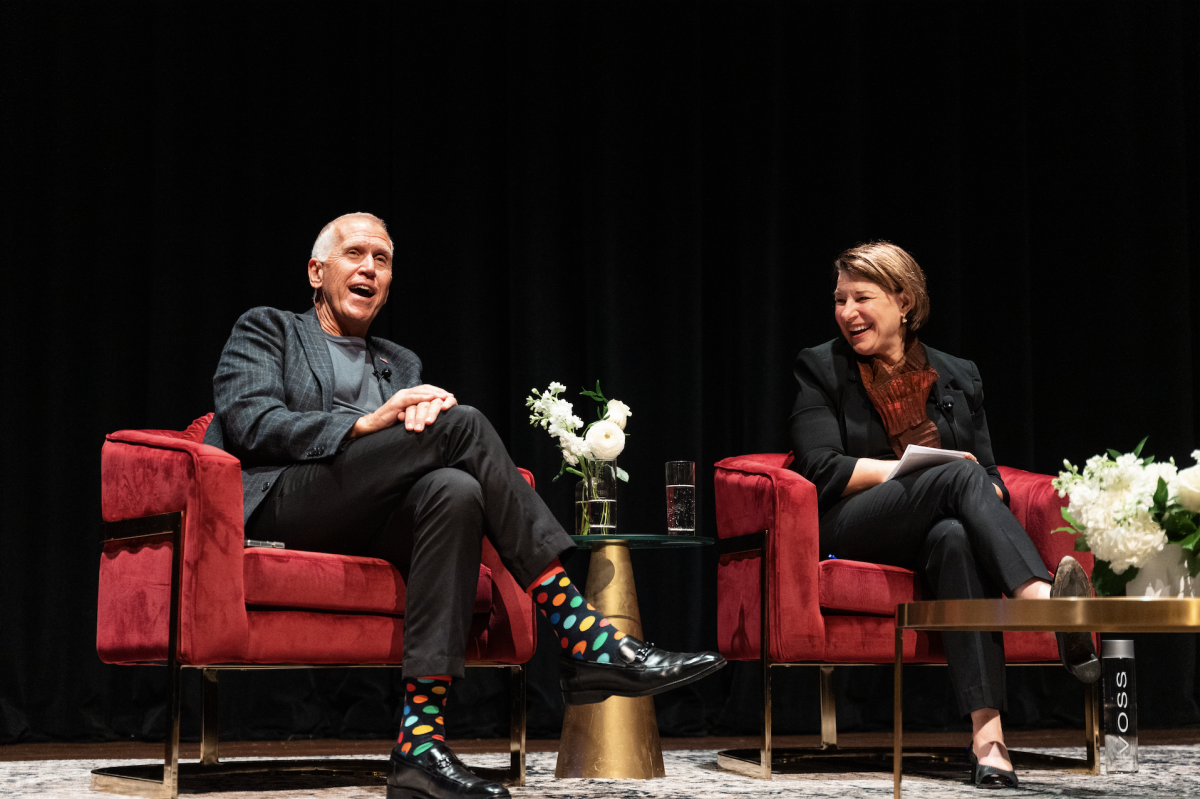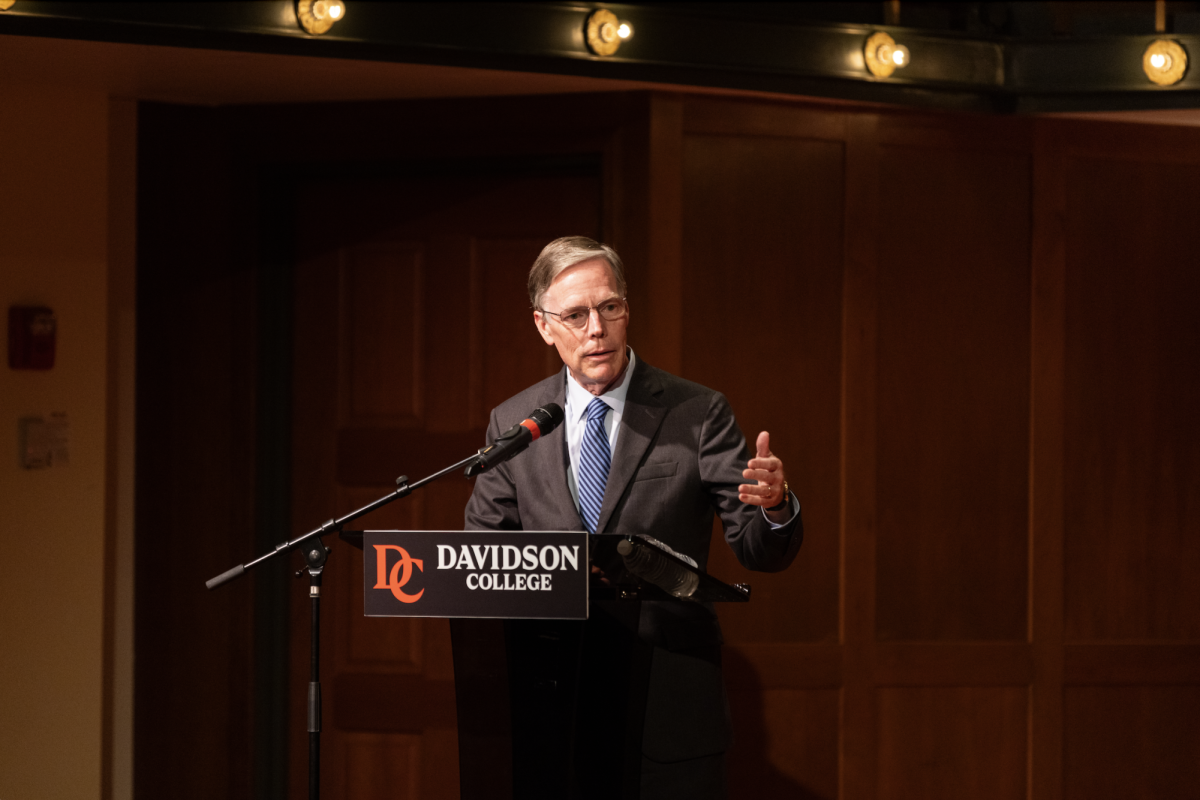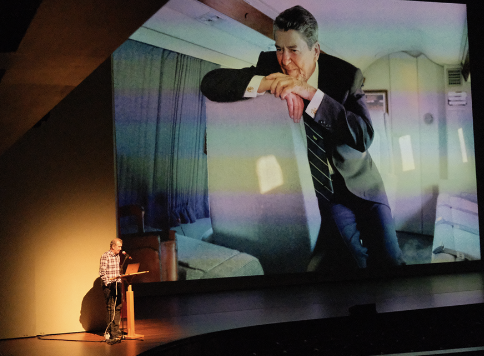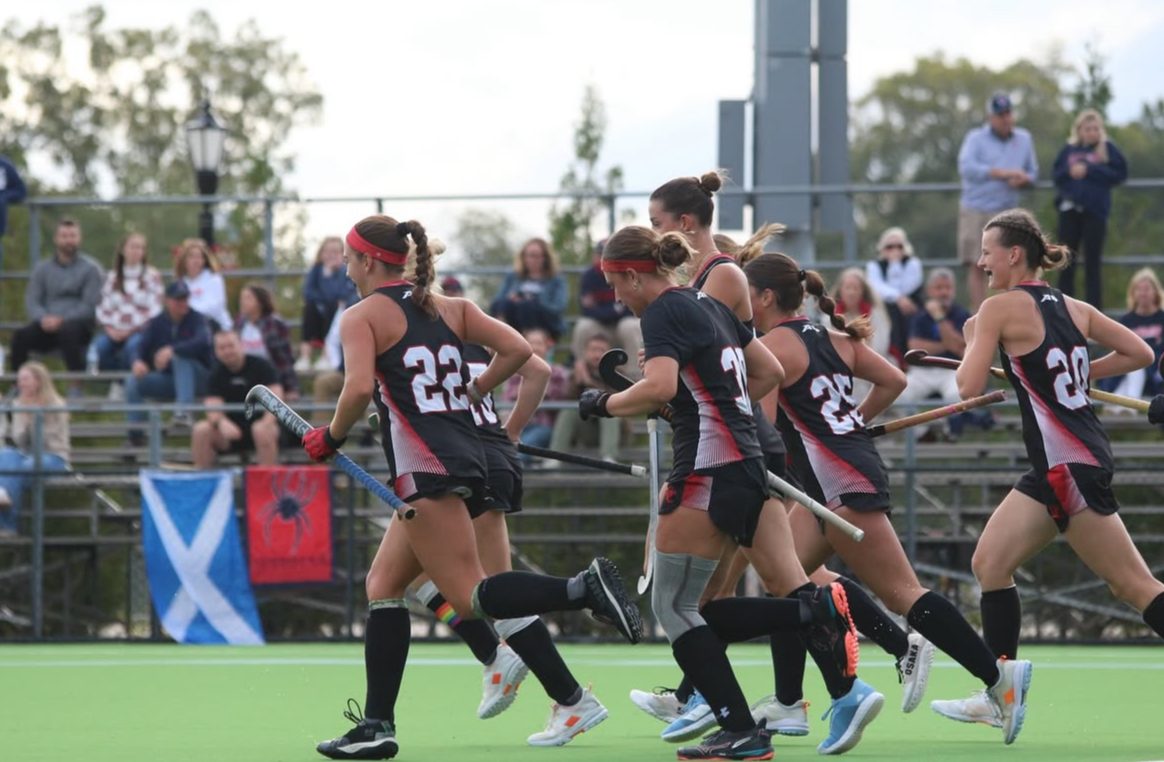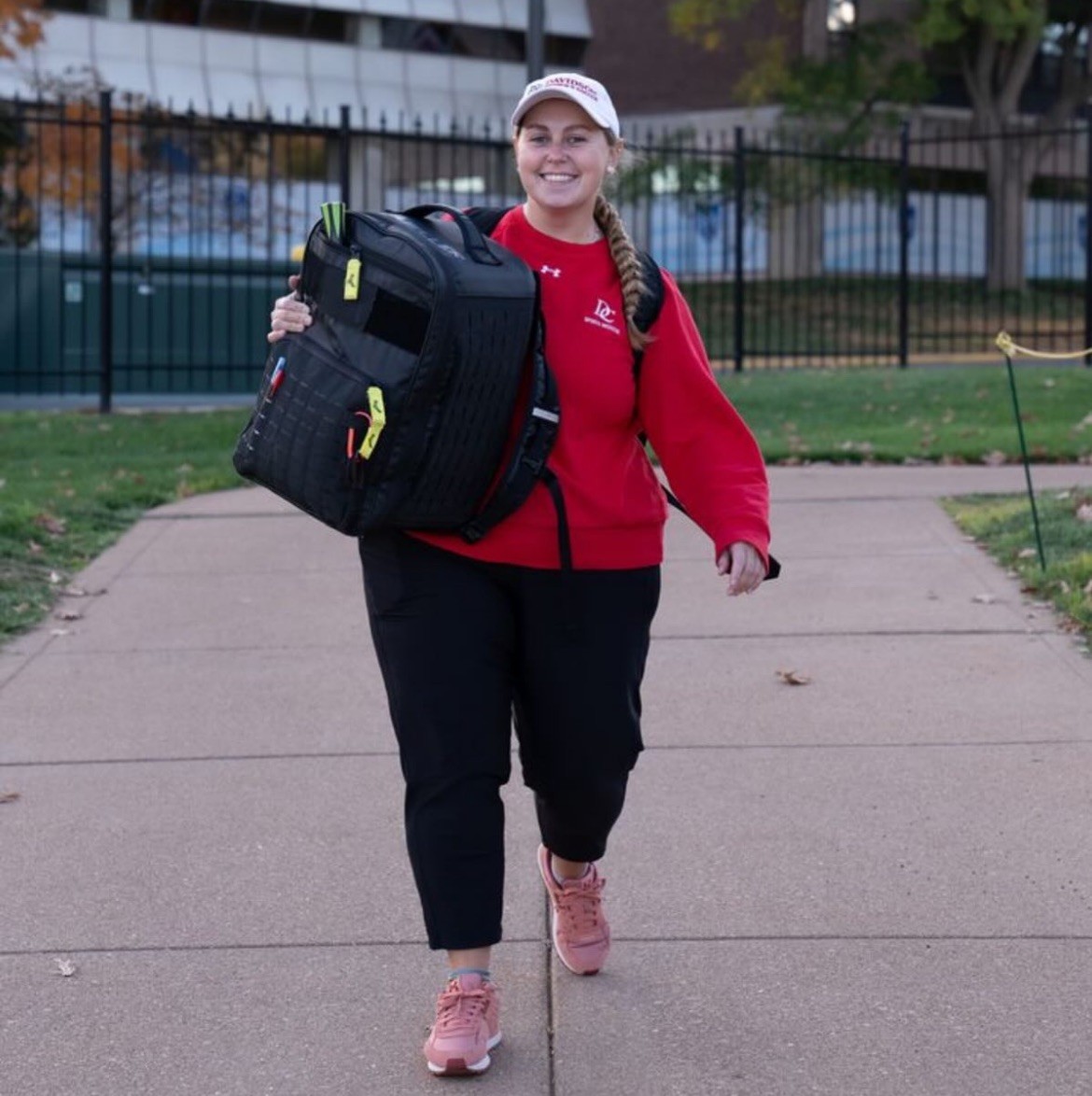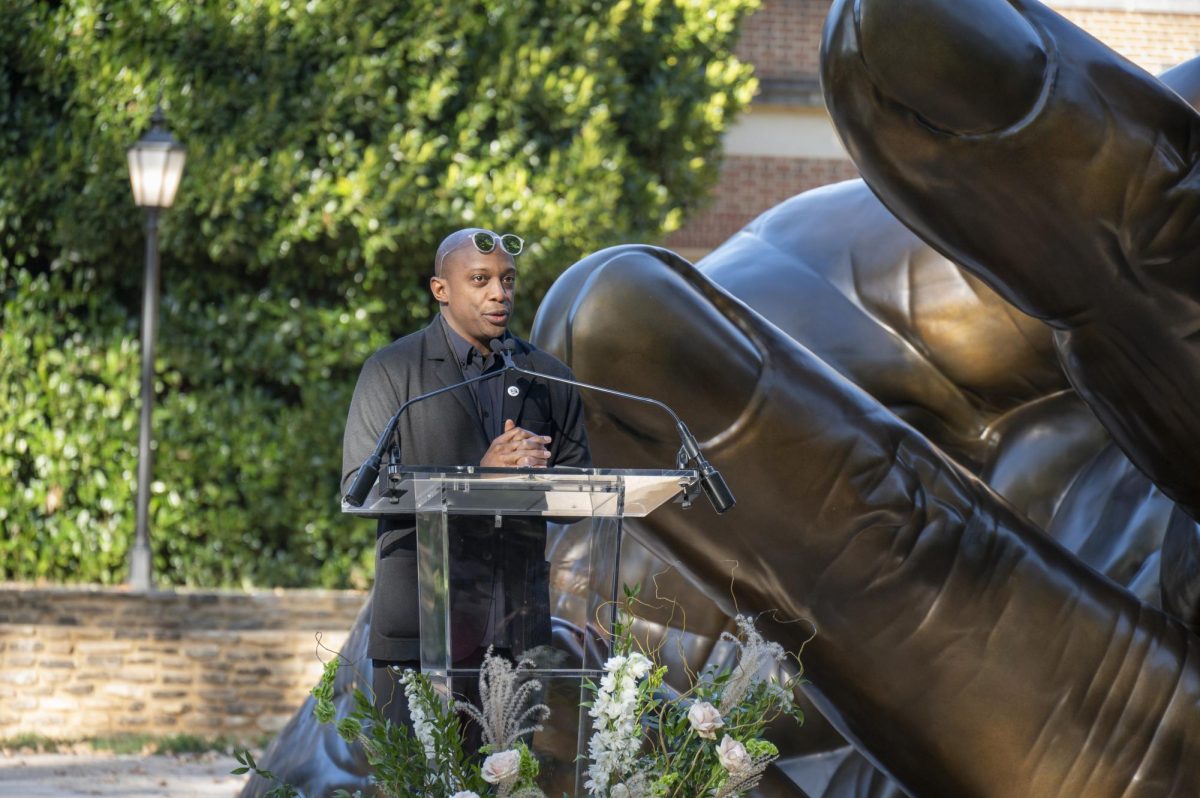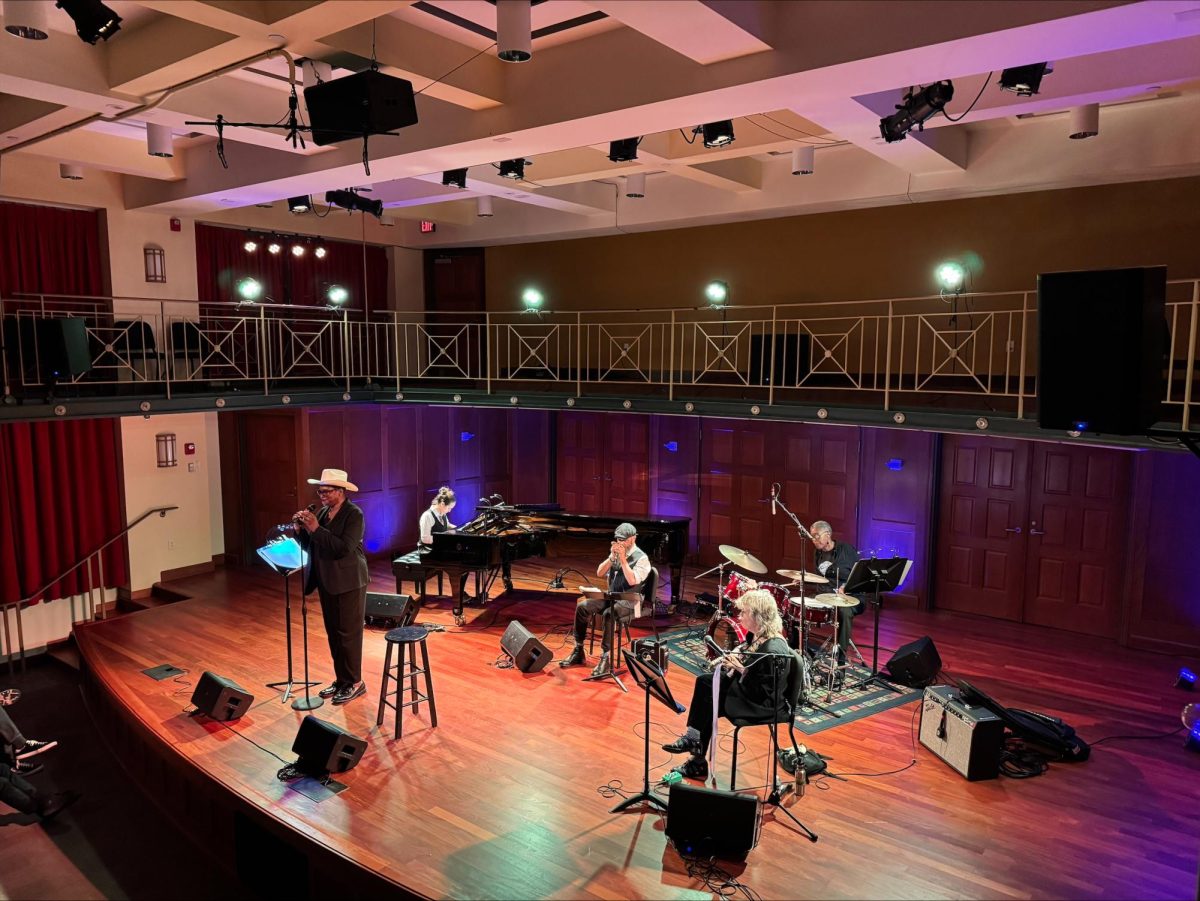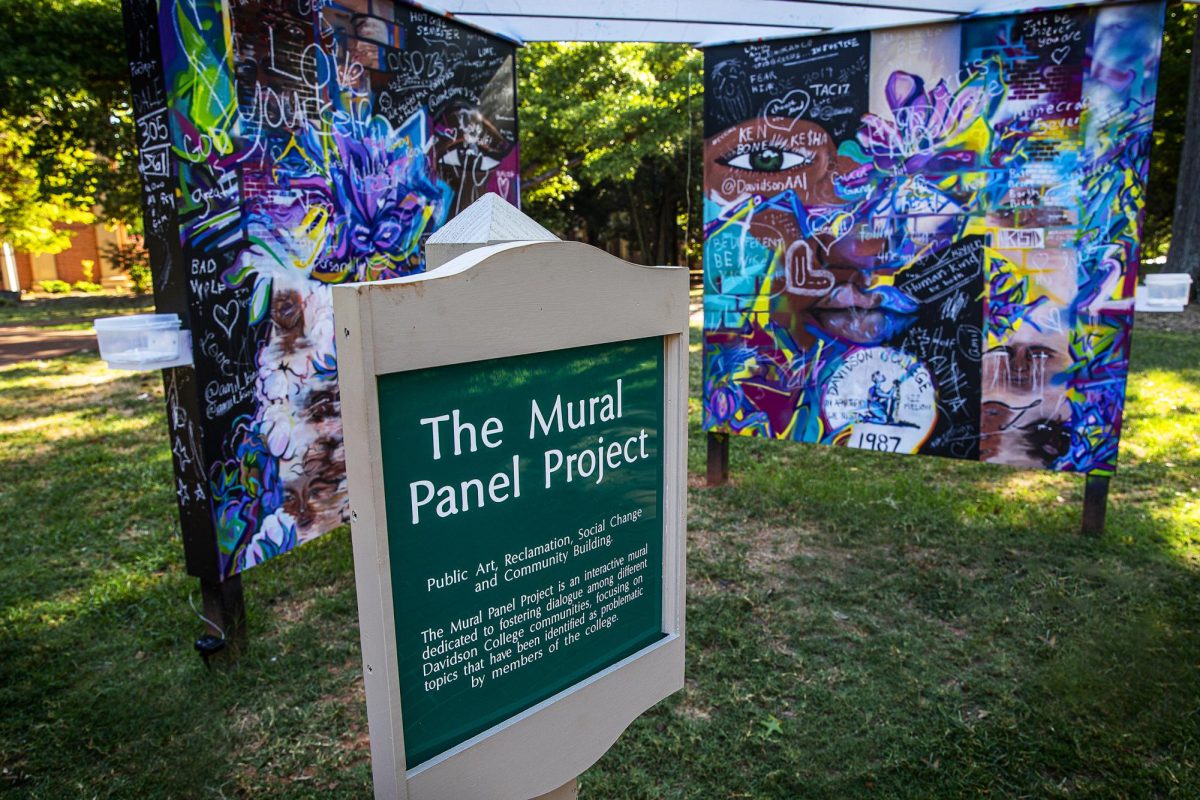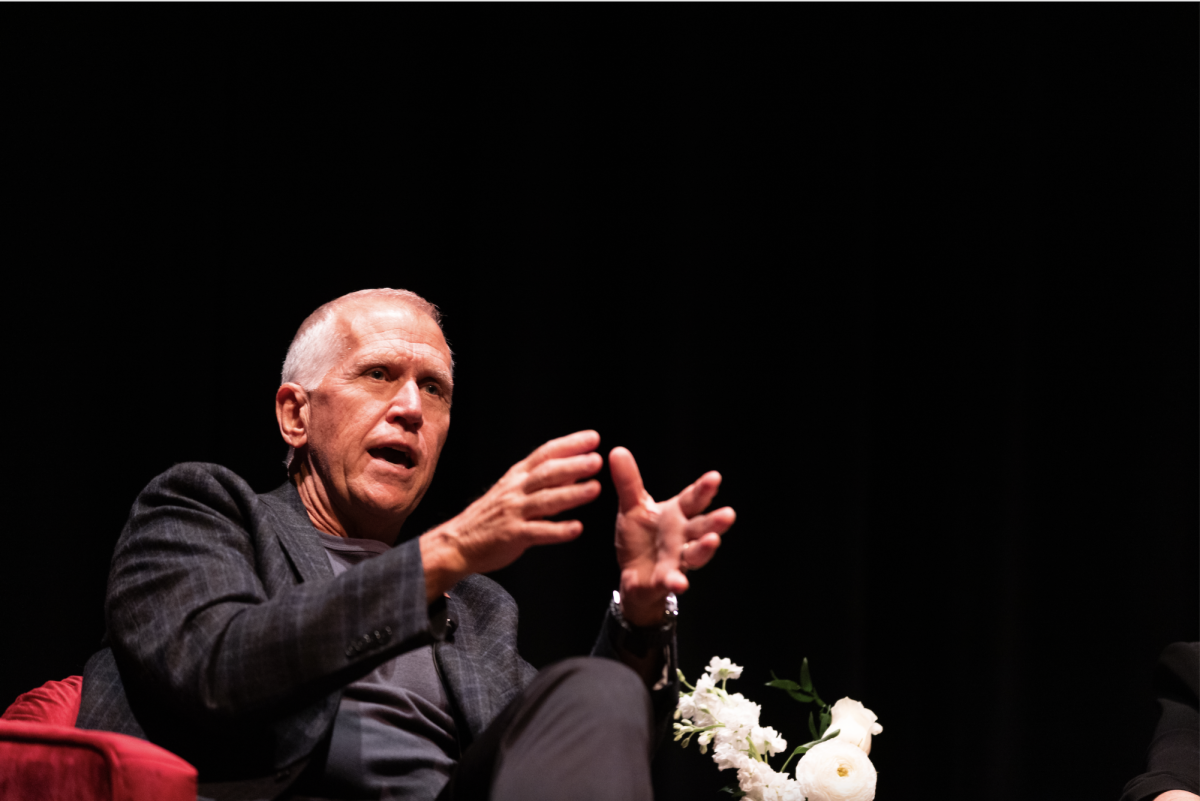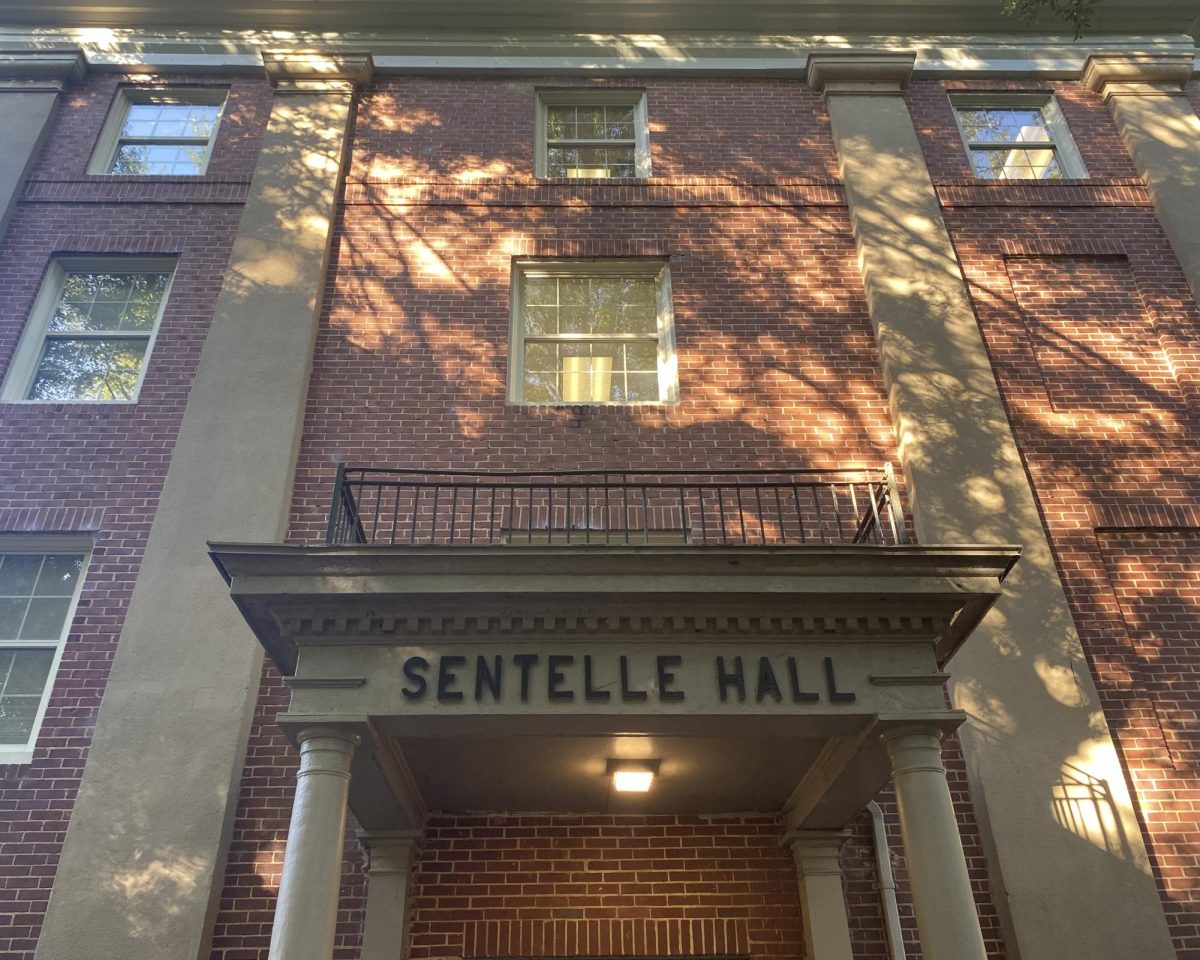In the aftermath of the 2024 general election, it has become clear to pollsters and elected officials alike that voters are less connected to the traditional Democratic-Republican party binary than ever before. Instead, voters are increasingly identifying as independent, with many choosing to align with smaller third parties. The Forward Party (FWD)—a national party pursuing ballot access in North Carolina—is one such minor party looking to capitalize on partisan disillusionment.
According to a recent Gallup poll, more than 40% of Americans identify as independents. Only 29% identify as Democrats and 30% identify as Republicans. When broken down on the issues, independents are generally moderates and support policy proposals from both major parties.
Voters are not just dissatisfied with party politics; they seem to be increasingly upset with the state of American politics and government in general. Roughly 65% of Americans cite consistent exhaustion when discussing politics, according to a recent Pew research poll. Public trust in government rebounded to 22% in 2024, up 8% from an all-time low 16% in 2023. Pew found 63% of Americans reported little to no confidence in the future of the American political system.
“I think we’re in an unfortunate place where real issues aren’t being dealt with […] I just think that now more than ever, it’s painfully obvious that we’re being let down by our political system,” registered independent Colin Decker ‘27 said.
FWD brands itself as an antidote. Founded by former Democratic presidential candidate Andrew Yang and former New Jersey Republican Governor Christy Todd Whitman in 2021, it aims to bring about solution-oriented leadership that defies party lines.
FWD’s goals are straightforward: reduce polarization and restore the reigns of democracy to the people. To proponents of FWD, this means that policy and law should reflect the will of the people. “The Forward Party’s approach to politics is rooted in the ‘Forward Formula,’” North Carolina Forward Party Chair Patrick Newton explained.
Unlike the current duopoly, which often disenfranchises its voter base when enacting legislation, the “Forward Formula” requires party members to secure the support of two-thirds of its constituents before passing bills.
Newton cited gun ownership as an example of how this principle is neglected in the current political system.
“The majority of gun owners […] think a person should be required to get a permit before they can buy a handgun. And that used to be the law in North Carolina, but our legislature changed it, so that’s no longer the case,” Newton explained. “[Gun ownership is a] perfect example of where the policy and the laws […] don’t represent the will of the people.”
FWD believes the modern American political system lacks nuance and choice.
“[Democrats] are now clearly identified as ideologically ‘liberal’ and the Republicans as ideologically ‘conservative.’ The Forward Party rejects these labels and embraces broad-based values such as ethical leadership, personal responsibility and the rule of law that are not associated with only the left or the right,” Associate Professor of Political Science Dr. Graham Bullock, who previously served as Chief Advisor of the FWD Policy Committee, said.
Bullock believes FWD’s solution-oriented and values-based platform will be attractive to many young voters.
“Younger voters are disillusioned with traditional partisan politics and are looking for a political home that prioritizes solutions over ideology,” Bullock said. “The Forward Party’s emphasis on pragmatism, reform and inclusivity aligns with what many young people wish to see in politics and society.”
Accordingly, Bullock sees college campuses as a key arena for new ideas and minor parties, including FWD, to gain traction. “College campuses have historically been hubs of political activism and innovation and can serve as testing grounds for ideas and processes that can be used by the party elsewhere,” Bullock said.
Students looking to affect change can propose new and relevant political policies, found campus chapters, mobilize their peers and community members to vote, host discussions on electoral reform and advocate for alternative voting methods friendly to third parties.
Even so, third parties face an uphill battle for traction at the state and federal level. FWD must overcome resource and reputational inertia in order to make gains in North Carolina.
“I think people are very quick to buy into the idea that time spent in government equals experience. And I feel like that’s one of the biggest advantages that the Republican Party and the Democratic Party have over any sort of independent party,” Decker said.
The future of the Forward Party may rely heavily on the support of younger demographics and disillusioned voters, especially as they form new state parties across the country. As Americans continue to re-evaluate their tumultuous political climate and ask themselves what the two-party system has to offer, the Forward Party might have the potential to be an attractive alternative.


